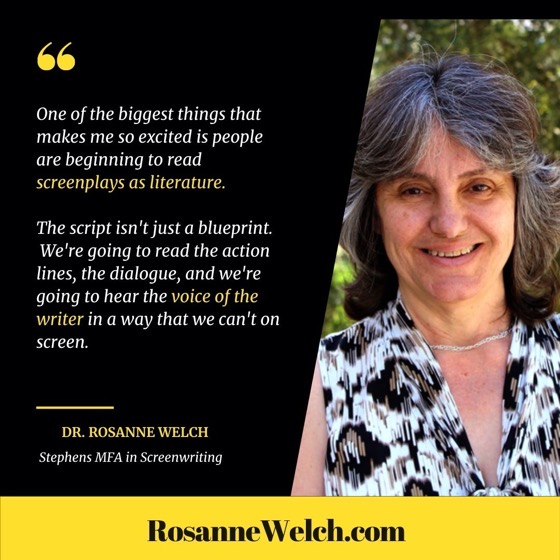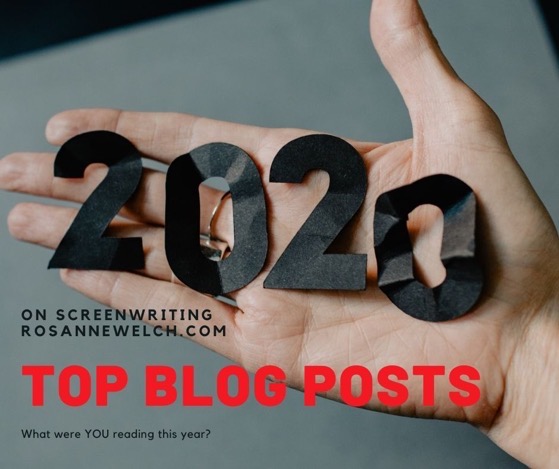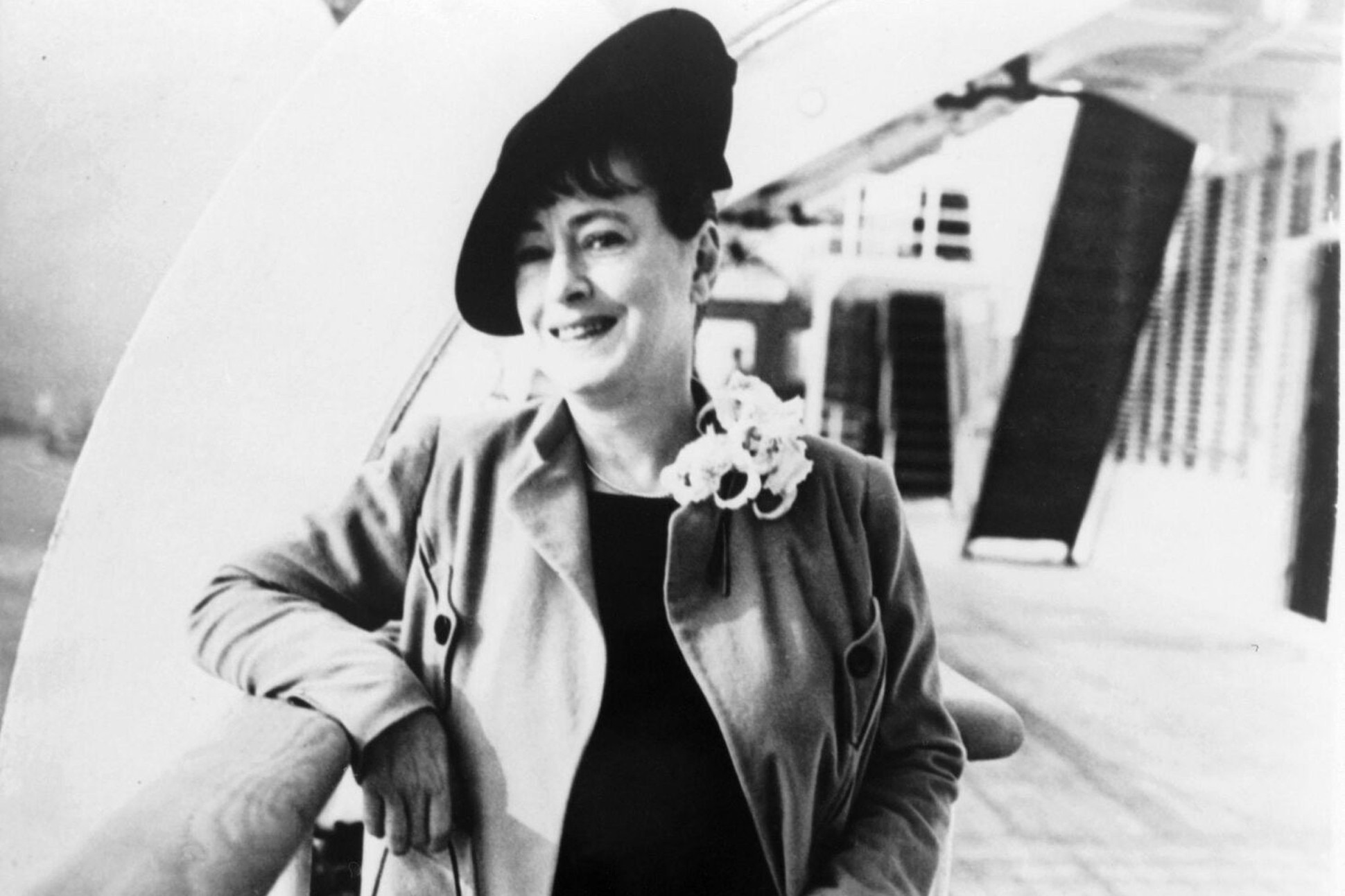
I was doing editor rewrites on a chapter titled “Dorothy Parker: The Creative Genius Behind Film Franchise A STAR IS BORN.” To the note asking me to consider a “less hagiographic title,” I said “No”.
A quick check showed me that many, many, many male writers are called geniuses – but few women.
For instance, this article, Genius – still a country for white, middle class, heterosexual men*, notes:
“Try a quick google search of the terms “literary genius”. The same names keep appearing: William Shakespeare, Fyodor Dostoyevsky, Henry James, William Chaucer, Virginia Woolf, Ernest Hemingway, Herman Melville, Walt Whitman, Jane Austen, Mark Twain, J.D. Salinger, and so on.”
But I would object to J.D. Salinger. Catcher in the Rye did not move me at all – but S. E. 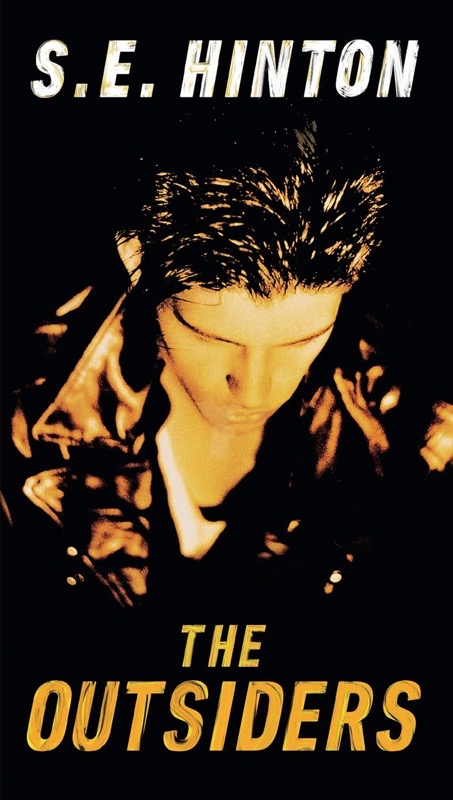 (Susan Elizabeth) Hinton’s The Outsiders moved me and all the generations from mine through my son’s Millennial group and into the folks watching the musical on Broadway right now – while teaching us all to love the poetry of another male genius – Robert Frost. See, I’m willing to use the adjective on men when they deserve it.
(Susan Elizabeth) Hinton’s The Outsiders moved me and all the generations from mine through my son’s Millennial group and into the folks watching the musical on Broadway right now – while teaching us all to love the poetry of another male genius – Robert Frost. See, I’m willing to use the adjective on men when they deserve it.
So the lesson of the day is that if any writer deserves to be called genius, it’s Dorothy Parker.
Own your genius. And use it to describe other female creatives. And maybe refrain from using it on less men for once.
* Genius – still a country for white, middle class, heterosexual men, Natalie Kon-yu, The Conversation
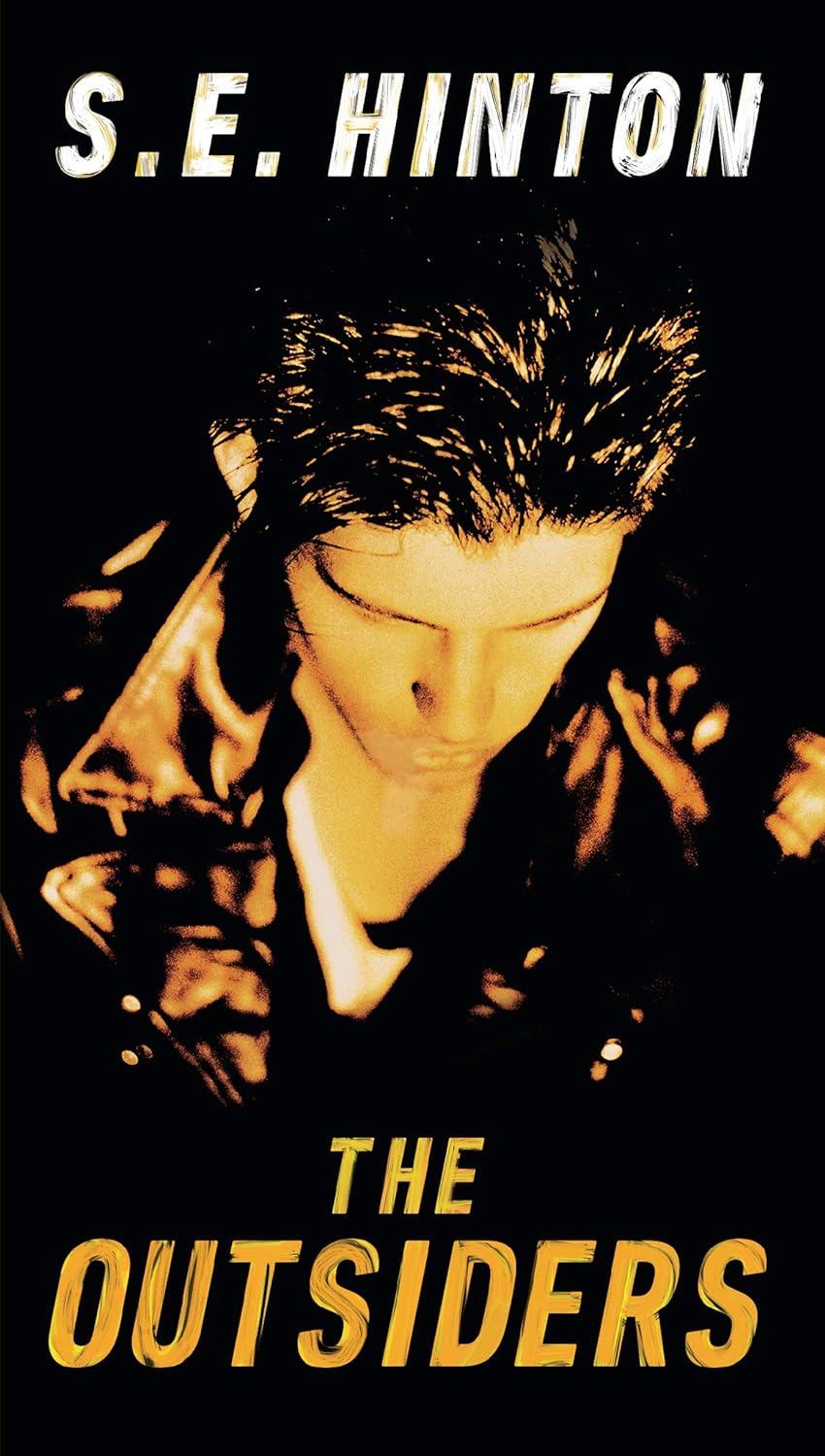
![Rosanne writes the Christmas Cards [Photography]](https://rosannewelch.com/wp-content/uploads/2022/12/DSC02699-2.jpg)
![From Classroom To Writer's Room with Dr. Rosanne Welch on In The Can w/Lucas Cuny [Audio]](https://rosannewelch.com/wp-content/uploads/2021/11/in-the-can-logo.png)
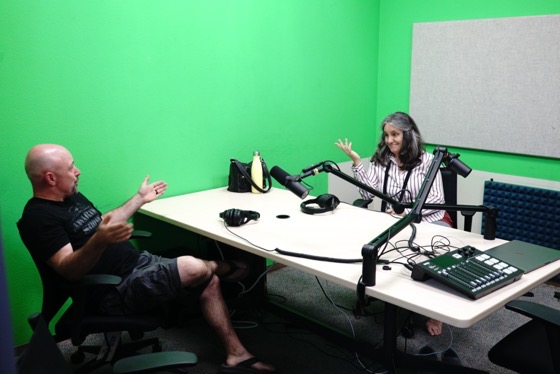
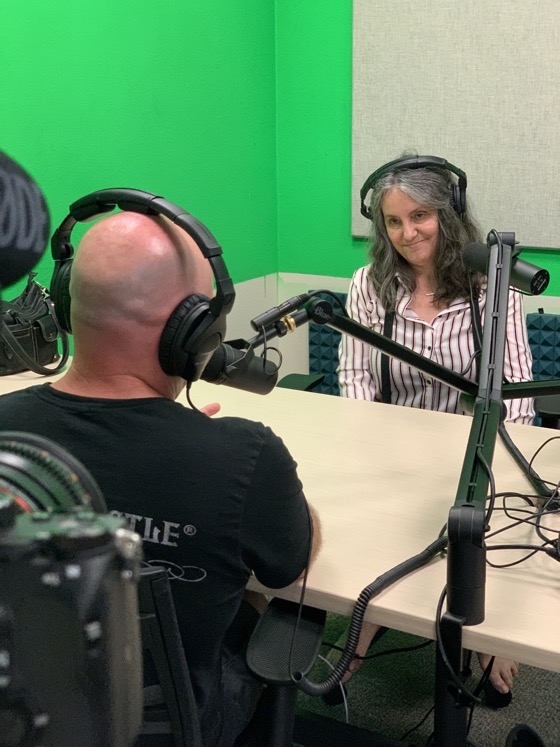
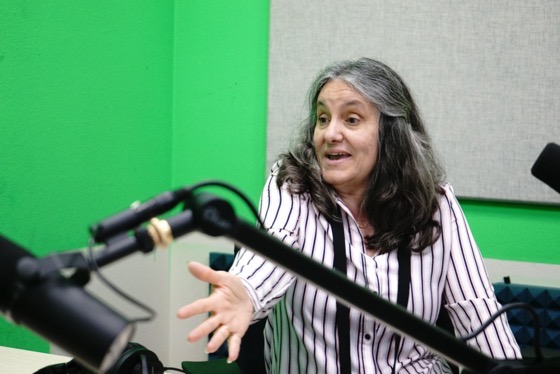
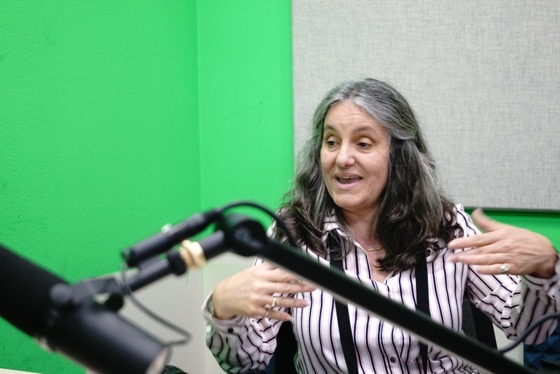
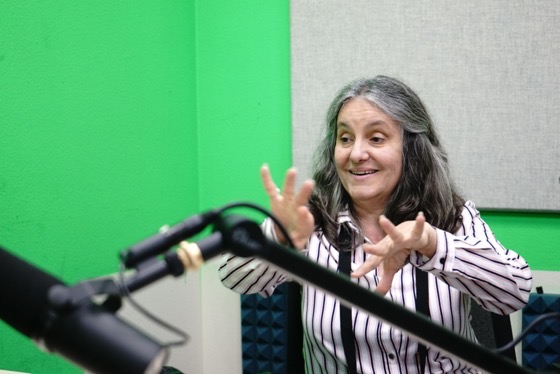
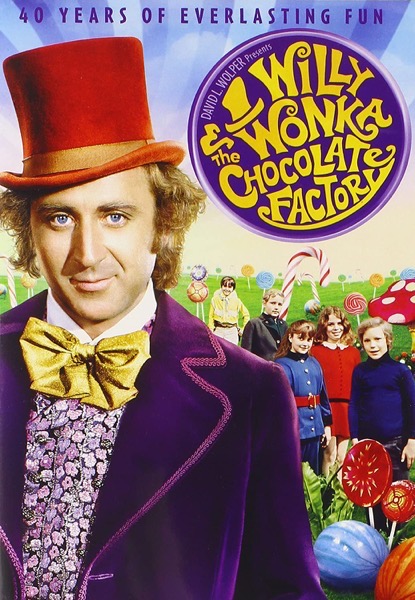
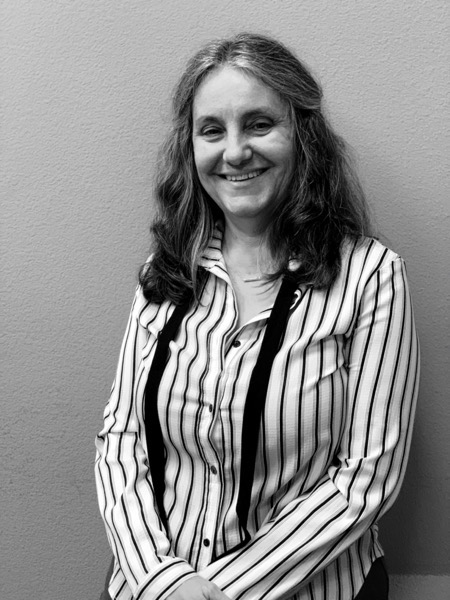
![Teaching one of my 3 classes today for Cal Poly Pomona via TikTok [Video]](https://rosannewelch.com/wp-content/uploads/2021/02/rmw-teaching-tt.gif)
